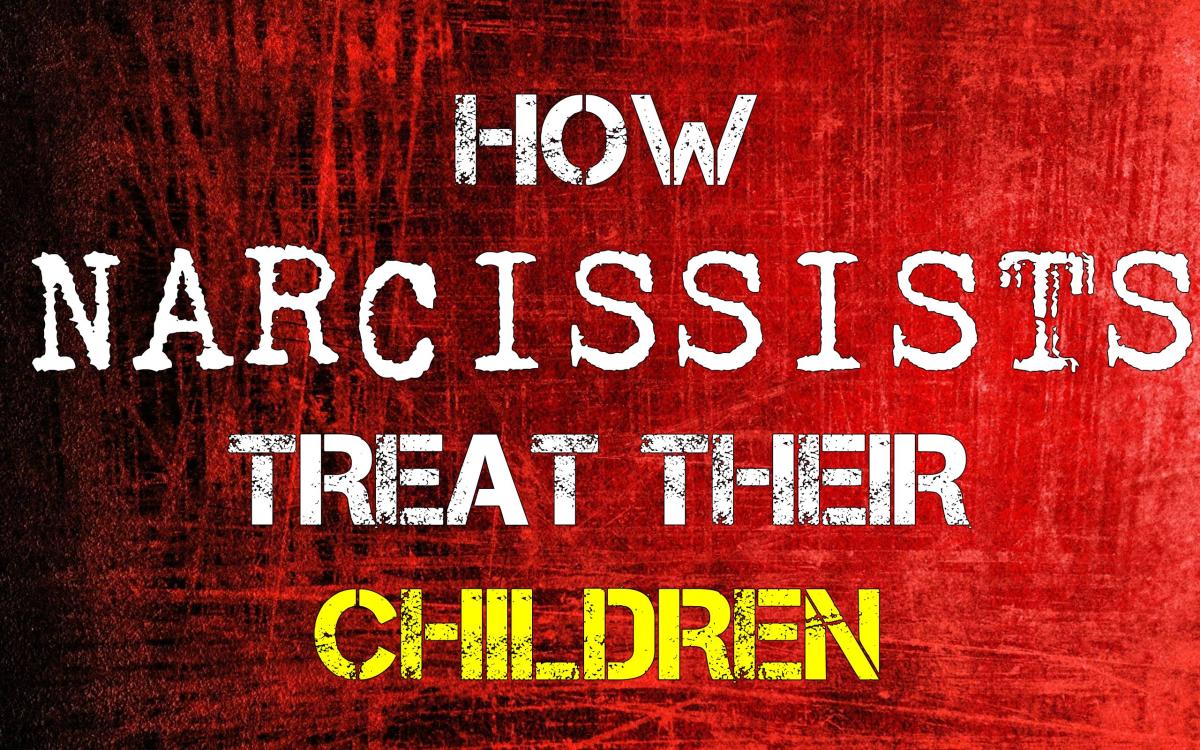- HubPages»
- Health»
- Mental Health»
- Emotions»
- Happiness
Trying to Please Others
Putting Other People First

Compliant People
People pleasers are also known as compliant people. A people pleaser may not act the same in every situation, and with everybody. They may be compliant only with some people and in only some circumstances.
People pleasing may only be one part of a person’s way of being, it doesn’t mean they are like this all the time or that it is even a dominant part of their personality.
The pattern of people pleasing may be activated in some situations and not in others. They might be pleasing to others at work, but not at home. They might be that way with men, but not with women. A man might be assertive at work, but a people pleaser at home with his wife.
A people pleaser has not learned be autonomous. By becoming aware that you are a people pleaser, you can learn to see how your own patterns of behavior are negatively affecting your life. You can evolve psychologically and grow emotionally so that your efforts yield you self satisfaction.
The more you understand about yourself, the more fulfilling your relationships and your efforts will be for yourself.
Learn to Be Assertive
Needing Approval
People Pleasers Ignore Their Own Needs
When we come from a point of insecurity, the things we try will not relieve this feeling. But when we come from a point of strength, the things we try will empower us to do better and feel better.
People pleasers work hard to be what other people want them to be. People pleasers do not want others to be upset with them and will do what they need to do even if it doesn’t suit themselves. People pleasers have a hard time saying no or setting limits. They look to avoid conflict, seek the approval of others, and basically want to please so they don’t get anyone upset at them.
A people pleaser has difficulty expressing their feelings, their desires, their wants, their needs, and their opinions. They won’t take a stand to protect themselves for fear of rejection from someone else.
A people pleaser gives up their true selves and often adopts the opinions of others, and ends up agreeing with someone else, even if it is not being true to themselves, because to do otherwise would be threatening. A people pleaser works extra hard to fit in with other people. They won’t cross the line and often get used by others because they rarely say no.
People Pleasers Look for Acceptance and Love

Poor Communication
When a people pleaser is in a relationship with a passive aggressive person they allow themselves to be manipulated by the passive aggressive mate. A passive aggressive person is looking for a person they can manipulate.
When the passive aggressive person lets out their anger in a hidden way, the people pleaser will take on the responsibility of making things right. The passive aggressive person lets out their anger and the people pleaser doesn’t pay attention to what is being done to them because they just want love and acceptance. The passive aggressive person doesn’t have to do anything different because the people pleaser will not confront them.
They both get along based on not communicating their true feelings. Nothing truly gets resolved because neither of them talk directly about their needs.
Looking for Love and Acceptance
Feeling Resentful
A people pleaser may please others and then begin to feel resentful. As the resentment builds up, they may let it out in a rage. The person that was being pleased may not even know where the outburst came from. What happens is that the people pleaser may have gotten tired of their feelings being ignored. They have not asserted themselves, and their feeling of powerlessness comes out in an explosion of anger.
Often their overexpression causes them to feel ashamed of their behavior and they go back to being compliant again, and then the pattern repeats itself.
Passive aggressive people can also be people pleasers. A part of them does want to please people. They want to be liked by others, but another part of them feels resentful at having to please others. They want to show their defiance and be able to stand up for themselves. They act out their aggression indirectly while looking like they are pleasing the other person.
People pleasers are often too trusting of others and look for validation from others because they can’t give it to themselves. They may seek out someone to look up to and comply with what this person wants. This would give them a feeling of being safe and cared for.
Caretakers

Caretakers and People Pleasers
Some people pleasers are caretakers. They feel a need to take care and nurture other people. A people pleaser like this will look for someone they see as needing help from them. This is a form of people pleasing.
People pleasers are often very cooperative people. They work with other people smoothly and like to be included in the group. People pleasers are interested in other people’s thoughts and feelings so that they can have the other person feel like they are interested in them. This tactic is a way to get accepted by the other person. A people pleaser wants to be liked by the other person by paying attention to them. Their own feelings don’t count. Compliant people cooperate in order to please.
Some people are cooperative people because it is in the best interest of the group, of everyone involved, for the greater good, and other positive reasons. This is a healthy way to be. But when a people pleaser is cooperative because they are driven by an underlying reason to get approval and acceptance than it is for the unhealthy reason of people pleasing.
Getting a Better Self Esteem
Feeling Criticized
Some people are afraid of being criticized. They will people please to avoid being judged or getting disapproval, or having someone be angry at them. A child who grows up feeling criticized will often become a people pleaser and only learns to relate to people in this way.
Some children have been ignored, neglected, or abandoned, as they grow they learn to people please so they don’t get rejected. Their need to be included and accepted becomes the driving force of their people pleasing pattern of behavior. They fear if they ask for what they want, they will be rejected, so to avoid that pain, they don’t ask in the first place.
Some people pleasers have a low self esteem. They have come to believe that they don’t deserve to get what they want, to ask for what they need, or to be happy. They may feel like they don’t count, that they are worthless and unimportant. Therefore, they believe they don’t deserve to have needs, or to ask for what they want. They have learned to base their value on catering to what other people need and to earn their approval. They believe other people matter more.
Now logically, what is wrong with this picture? Why do we really think other people should count more than we do. We are all people. We all have personal needs and we all deserve to have them met. Why do we let our illogical thoughts, such as believing others deserve that other people matter more than we do. Why are we not challenging ourselves?
Some people who are people pleasers have an unconscious belief that other people are better than they are. If they grew up in an environment that is controlled and not allowed to think for themselves they learn not to consider themselves and only please others.
Many things we do, many of our behaviors are done on a largely unconscious level. When we do things without realizing why we are doing this, and without exploring our own motivations and history we leave ourselves vulnerable to behaving in ways that our child mind formed as a way to make sense of the world. That is the main reason to explore and understand our motivations and our history so that we can make sense of the world as we know it today, not as how we did when we were little.
People Pleasers
Are You a People Pleaser?
Changing the Need to People Please
People pleasers do what they do to protect themselves from the fear of psychological pain.
People pleasers are made, not necessarily born. They often are conditioned or trained to please others because they had to conform to their family or what was dictated by their culture, society, peers, or by life events. They often are “taught”, unconsciously to make other people happy. They are shaped into believing that their own feelings and needs don’t count. In all likelihood assertiveness may have been met with punishment or disapproval. In some families all the children are this way, or only some, or only one.
People pleasing is often a result of conditional love. Conditional love is given only when a person does something for the person who is giving out the love. Conditional love can give the person getting it a feeling of not really being okay. They may feel they are not lovable for who they are, so they have to constantly earn love. People pleasers often can’t ask for what they want. Their own needs may have been met with rejection.
We are a product of our upbringing, and often carry our unconscious behavior into our current relationships, but it doesn’t have to be this way.












